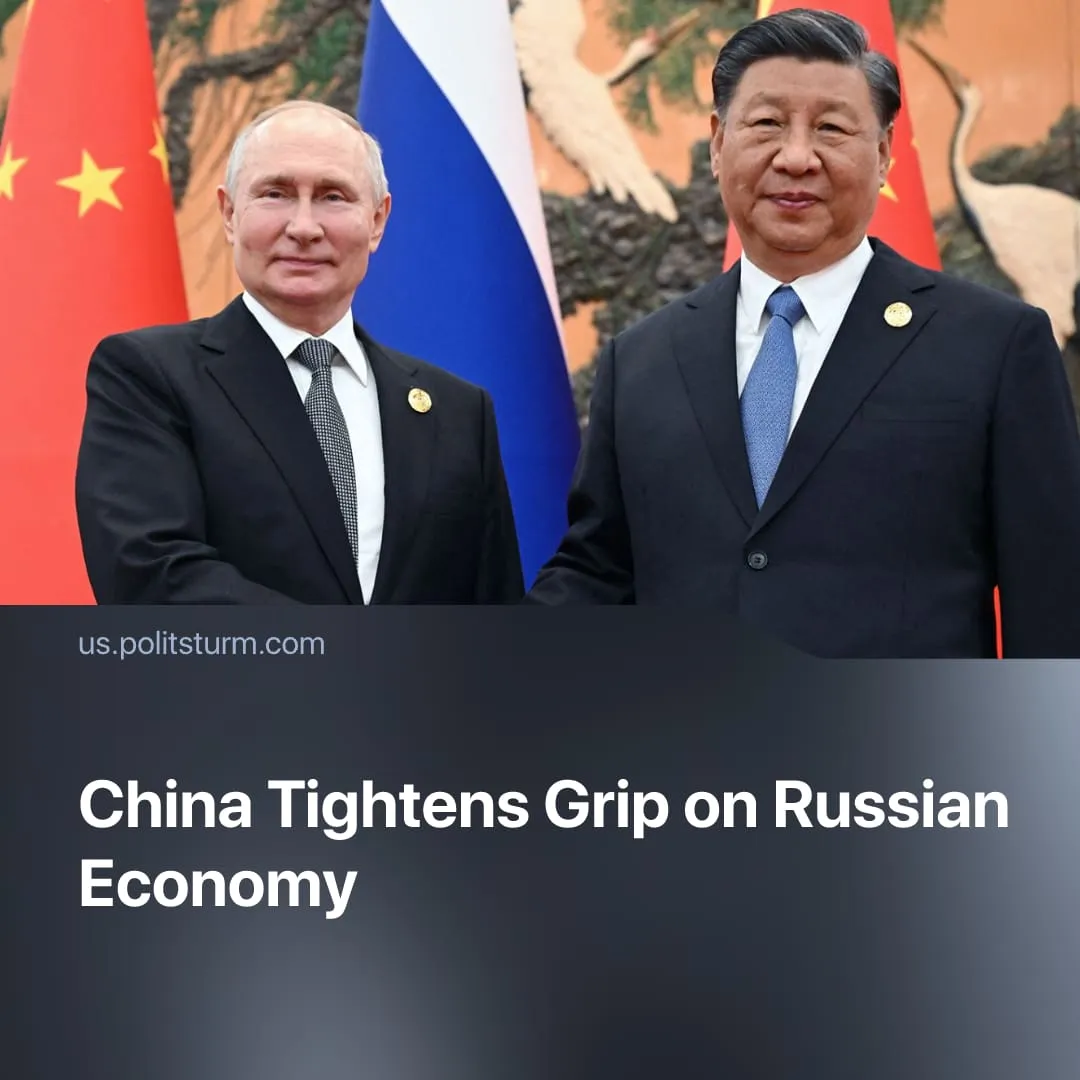China continues to turn Russia into a market of cheap resources
Details. The meeting between Vladimir Putin and Xi Jingping at the Shanghai Cooperation Organization, resulted in 22 cooperation agreements covering a wide range of areas including energy, science, healthcare, agriculture, and media.
► Most notably an agreement was made to build the “Power of Siberia-2” pipeline. This new pipeline will transport up to 50 billion cubic meters of gas per year from Russia to China.
► Despite being called “legally binding,” the deal lacks finalised contracts. pricing, transit through Mongolia, financing, sanctions risks, and approvals remain unresolved, while a six-year horizon is itself highly unstable given the very high frequency of conflicts, a surge in global military spending, and growing global economic crisis.
► Ministries from both sides signed memoranda to cooperate on modernisation and pilot agricultural zones in the Far East; Chinese capital and know-how for Russian agriculture is explicitly being encouraged.
► At the same time, Chinese regulators are preparing to let Russian energy firms (Gazprom, Rosatom, etc.) issue yuan-denominated “panda bonds” and raise finance in China.
Context. The Russian capitalist class, increasingly isolated from Western markets, has deepened economic dependence on China, turning Russia into a supplier of raw materials and energy. In 2024, Russia–China trade reached roughly $244.8 billion, making China Russia’s main trading partner.
► In 2023, China accounted for about a third of Russia’s imports, while Russian exports to China — overwhelmingly discounted fossil fuels and raw materials — make up roughly 6% of China’s total imports, highlighting Russia’s subordinate position.
► Chinese capital and technology are increasingly shaping Russian agriculture in the Far East. Around 33 billion rubles have already been invested in pilot projects and demonstration zones, supporting crop production, animal husbandry, and processing. Over 80% of regional agricultural exports are directed to China.
Important to Know. Russia needs China to compensate for its isolation from Western markets, secure foreign capital investment, and maintain access to energy export revenues. Whilst, China uses Russia primarily as a supplier of discounted raw materials, energy, and as a testing ground for Chinese capital investment, technology, and influence in Eurasia. Read more about how China subjects the Russian economy in our in-depth article.
► The global escalation of the arms race, growing military budgets, and preparation for war are forcing major powers to strengthen control over dependent states, intensifying China’s leverage over Russia and preparing the ground for confrontation with the USA.
For a deeper analysis of the China–US rivalry, see our in-depth article on this subject.


